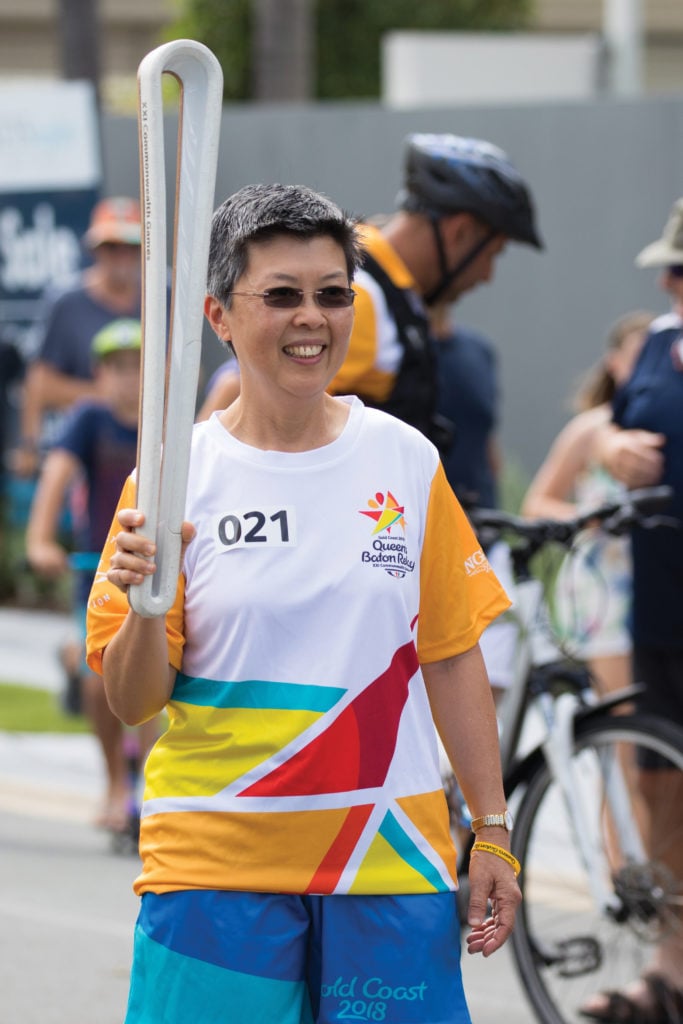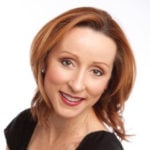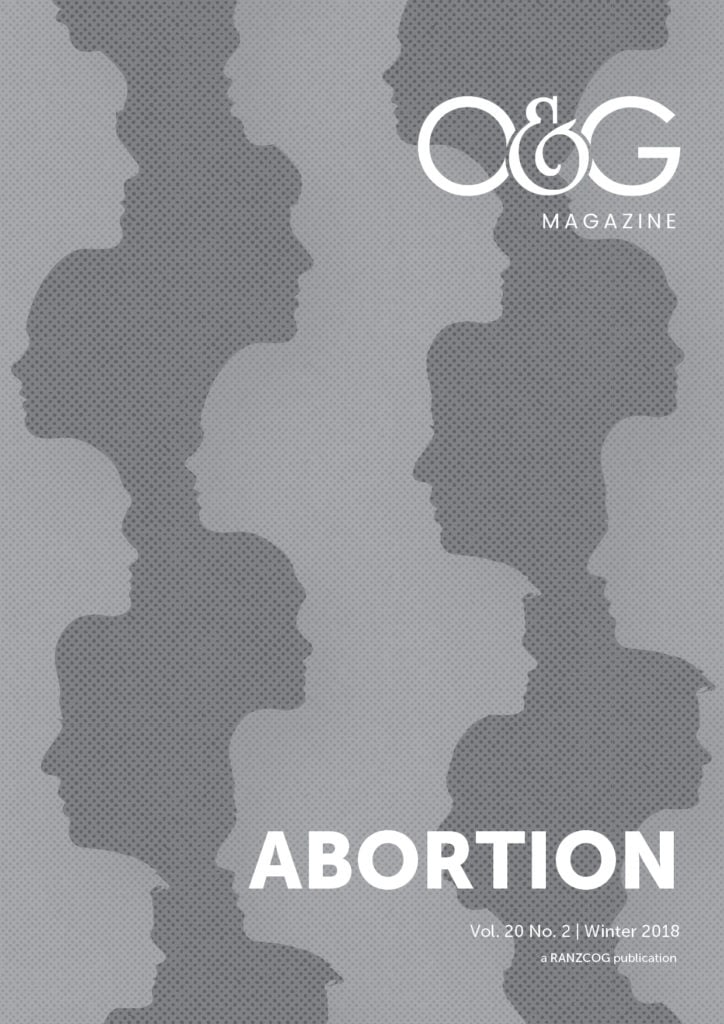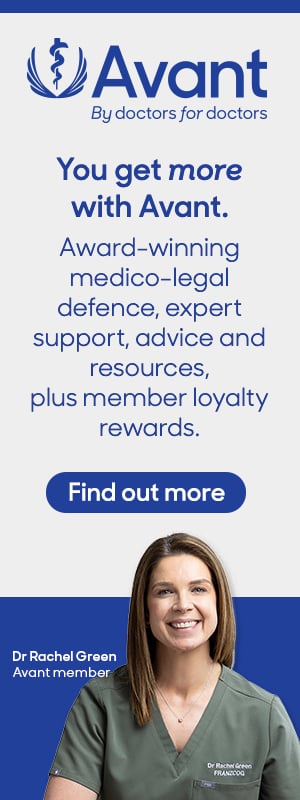This new O&G Magazine feature sees Dr Kirsten Connan in conversation with RANZCOG members in a broad range of leadership positions. We hope you find this an interesting and inspiring read. Join the conversation on Twitter #CelebratingLeadership @RANZCOG @connankf
Prof Judith Goh is a subspecialist urogynaecologist based in Brisbane. She spends up to three months a year in developing countries training local doctors in vesico-vaginal fistula (VVF) repair.
Prof Goh spent her childhood in Malaysia, before moving to Townsville with her family. She attended medical school at the University of Queensland, completed her FRANZCOG, and spent her final six months of registrar training in Ethiopia with Dr Catherine Hamlin AC at the Addis Ababa Hospital in 1995.
After five years in specialist positions in Brisbane and on the Gold Coast, and a further period in Addis Ababa Fistula Hospital, Prof Goh completed her CU (Certificate of Urogynaecology) subspecialty training. This was undertaken at the Mercy and Royal Women’s Hospital in Melbourne. Prof Goh now holds both public and private appointments in Brisbane.
Where does your overseas aid work take you?
I’ve travelled abroad to provide medical aid since 1995. This has included Ethiopia, Cambodia, Myanmar, Bangladesh, Ghana, Uganda, Tanzania and the Democratic Republic of Congo. I’ve also spent time on a Mercy Ship off the coast of West Africa. The focus has primarily been on training doctors and nurses in the management of obstetric fistula and pelvic organ dysfunction.
In 2011, we were able to secure support through Health & Development Aid Abroad (HADA), which now enables us to fundraise and provide tax deductions on all donations for our work overseas.
What are the challenges of providing overseas aid?
Some of the countries we work in have very high rates of HIV, with needlestick injuries common. The Mercy Ship was not able to continue its work in 2013 off the west coast of Africa due to Ebola. Infectious diseases are always a significant concern.
In many countries, women do not have the same levels of education and status as men. This challenges their cultural acceptance of our support to empower and teach them. In some parts of Africa, a commonly held belief is that ‘women should not be doctors’. With limited-to-no education, and few female role models, it becomes hard for African women to envision an alternative pathway in life. We hope to challenge and change this.
What are the rewards of being involved with overseas aid?
Many! It is extremely rewarding and it certainly makes me value life in Australia. I was privileged to learn fistula repair surgery, and although the work and environment can be challenging, the impact on women’s lives is profound. The skills I have learned have also greatly benefited my own surgical practice.
What roles do you currently hold with RANZCOG?
I am a representative on the CU Committee and have been involved in the CU subspecialty exams. I am involved in the RANZCOG perineal workshop, the Pacific Society of Reproductive Health (PSRH) and the Asian & Oceanic Federation of Obstetrics & Gynaecology (AOFOG).
I have current commitments with the International Urogynecological Association (IUGA) and the International Continence Society (ICS) through the ICS-IUGA Joint Report on the Terminology for Female Pelvic Floor Fistulae.
What drives your professional aspirations?
I was the child of migrants. Watching my parents struggle as a child was very motivating for my educational and professional pursuits. Working overseas constantly reminds me to appreciate everything I have in life, and my personal Christian faith has played an essential part of my life and my drive.
I feel strongly that we should all push ourselves to our highest potential and my goal is to see the next generation succeed much further than I have. Very early in my career, I was fortunate to have a fantastic mentor, Dr John Markus, who provided supportive encouragement and was outstanding at debriefing.
How have you sustained yourself during your professional career?
Self-care is invaluable. Exercise plays a large role for me. I get out and run. I don’t take my phone with me! Going overseas is very energising and sustains me in my practice here in Australia.
What have been the greatest highlights of your career?
Receiving the Order of Australia in 2012, training as a VVF surgeon and now being able to train others.
What three words would you use to describe your life?
Manic, fulfilling, content.
Do you see yourself as a leader?
I feel this comes with all medical specialist roles, especially subspecialists. After nearly two decades of experience with fistula work, I am viewed as a leader in this field. If this allows me to be a role model for other women, that’s great!
Do you see yourself as a feminist?
If I follow the Oxford English Dictionary definition of feminism, ‘The advocacy of women’s rights on the basis of the equality of the sexes‘, then yes. We will not reduce rates of VVF and maternal mortality without empowering young women in these at-risk communities.
What are the challenges for current trainees?
The reduced working hours has contributed to poor levels of surgical experience for most trainees. This has led to subspecialty trainees starting CU with limited surgical knowledge and skills. Trainees are increasingly choosing to invest in areas such as ultrasound and laparoscopy. These skills significantly limit overseas volunteer opportunities, which could be a valuable part of a specialist’s career. In low-income areas of developing countries, there is virtually no laparoscopy available, limited imaging, and often, electricity is unreliable and susceptible to power surges.
Looking back over your career, would you choose to do anything differently?
Not really. I am a very positive and realistic person. I know what I’m good at, I’ve worked hard and I’ve made opportunities for myself. My biggest challenge is balancing time here in Australia with overseas. As I am self-funded, when I retire here, it will limit my overseas opportunities.
Do you feel RANZCOG is heading in the ‘right’ direction?
I feel obstetrics and gynaecology are very closely related as specialties and are complementary. The biggest challenge I currently see for RANZCOG is the number of trainees. The large numbers we now have are creating a dilution in experience for both trainees and specialists, especially with regards to surgery. We need to consider the role of unaccredited registrars or career medical officers for service provision in O&G departments, so that trainees can focus primarily on training.
Have you seen workplace culture change during your career?
Specialty training is much more competitive these days. Some trainees are less willing to engage in opportunities for ‘extra experience’ and are less well-read. The former is probably a reflection of the reduced working hours, more trainees and changes in trainee culture. Previously, we spent many non-rostered hours at the hospital to gain extra experience.
Having a work-life balance is valuable, but if you want good experience and surgical skills, trainees will increasingly need to look at other opportunities (simulation, assisting, overseas work) to gain surgical skills.
Are you currently involved in any research?
I supervise medical students and residents with their research. My CU colleague, Dr Hannah Krause, is currently completing a PhD on our VVF work in Uganda. In many of our overseas aid countries we are engaged in projects, including research on fourth-degree tears, prolapse and domestic violence.
Do you have any words of wisdom to share?
Be open to all opportunities in your training and make yourself available. Training should be a great adventure of experience! Go overseas. We all live very comfortable lives as doctors in Australia and New Zealand. I would encourage everyone to give back to their community and consider volunteer work at home and abroad. Aid work has added to my practice and benefited my work here in Australia.
Since this interview, Prof Goh has been awarded the 2018 AMA Woman in Medicine Award, which will be presented at the AMA conference in May.
Prof Goh is available for career advice and mentoring in the area of urogynaecology. She holds a strong interest in overseas aid.

Prof Goh as Batonbearer in the Queen’s Baton Relay for the Gold Coast 2018 Commonwealth Games.






Leave a Reply